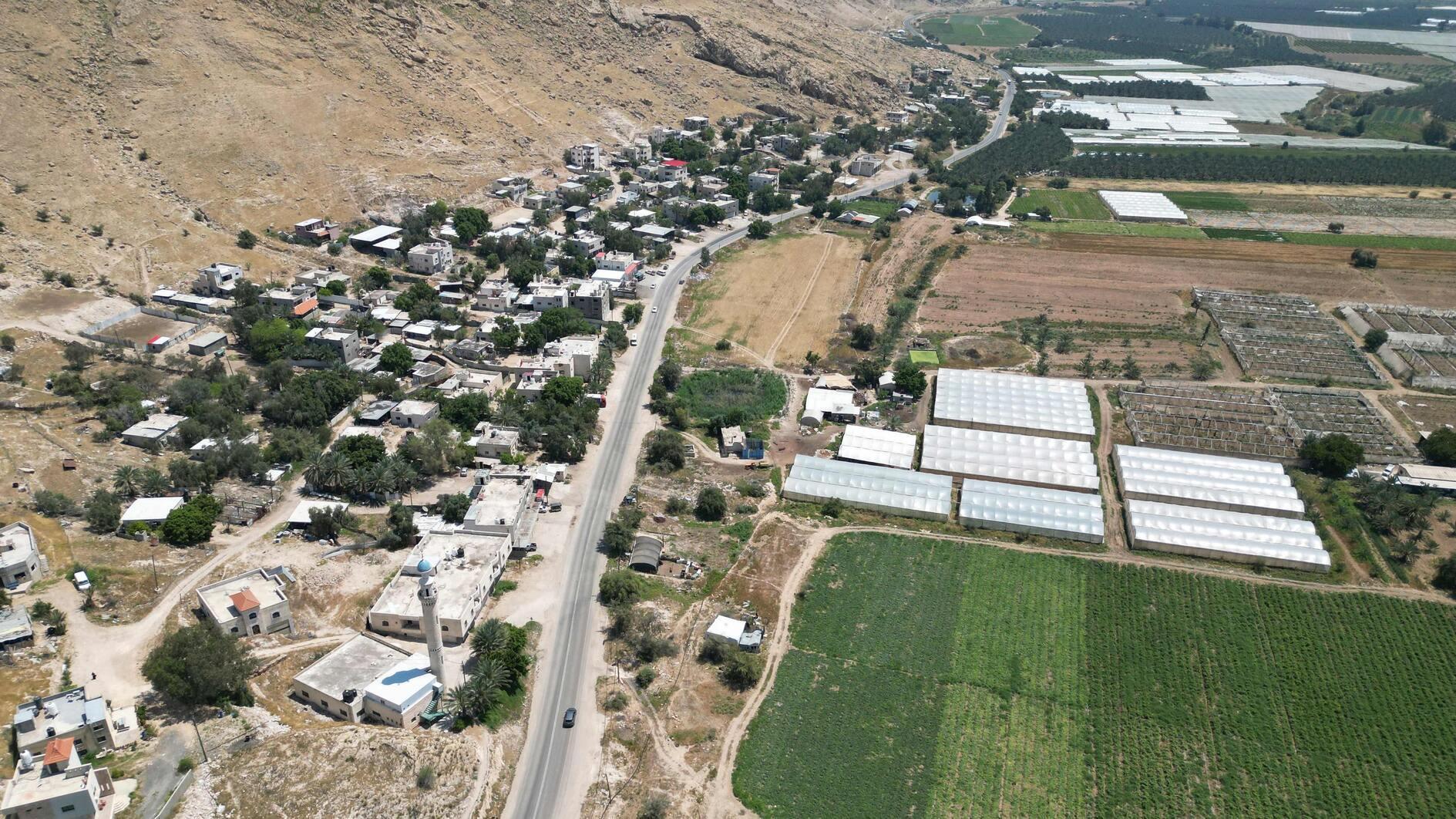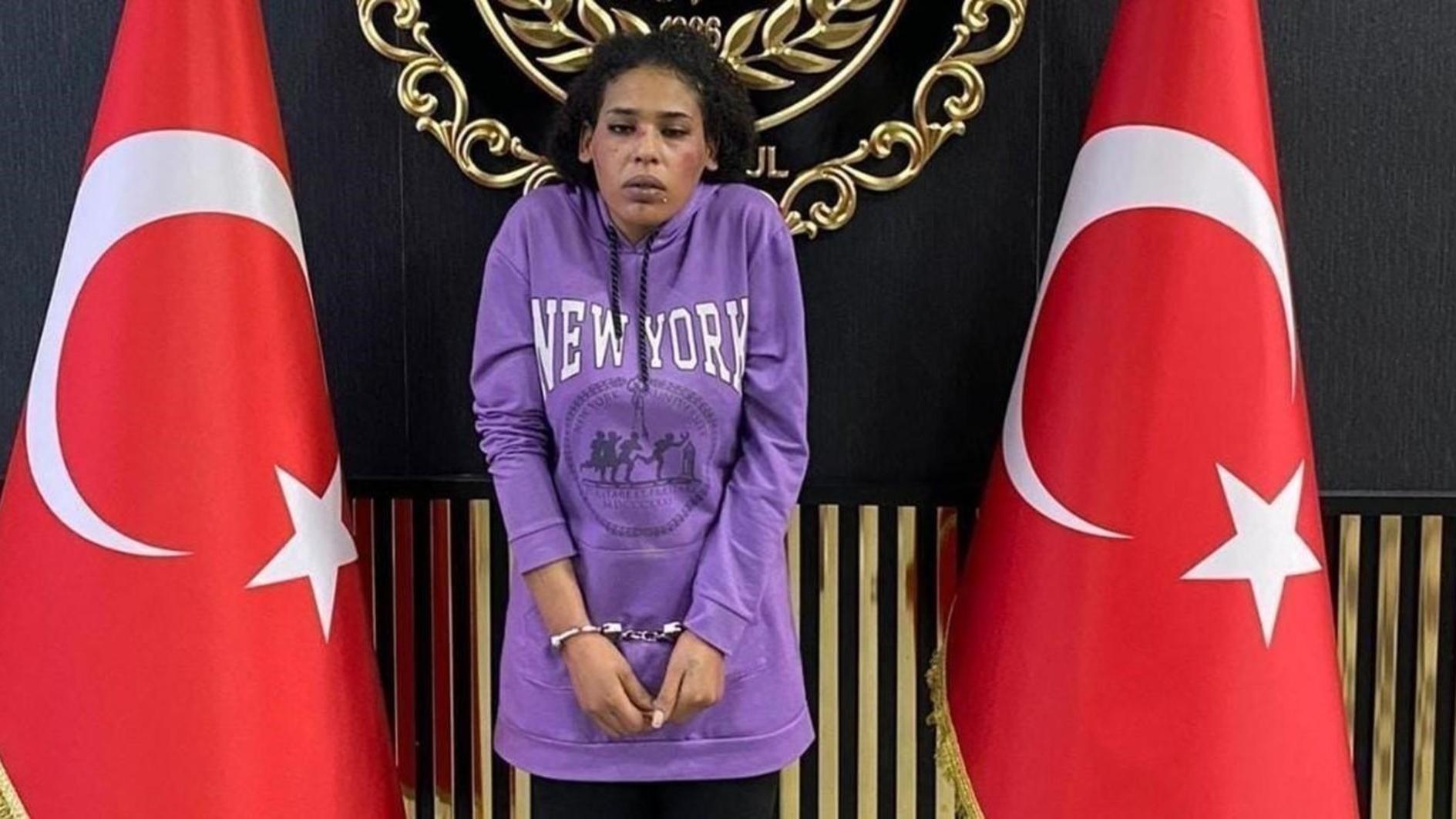Cyprus, a hot potato
Things are becoming clearer. Turkey may find itself compelled to make a decision on Cyprus. It will be a difficult one. Sources with knowledge of what’s going on in the latest four rounds of separate and some sort of proxy discussions between Jane Hall Lute — the Cyprus special adviser to U.N. Secretary-General Antonio Guterres — and Greek and Turkish Cypriot leaders say some sort of a breakthrough might become discernible regarding the reference points to be used as a guide to the revival of the long-dead federation talks.
It is claimed that the two leaders had developed a common perception regarding the “content” of the reference points, but remain far apart regarding the “terminology.” The reference points the two leaders reported to have come close to accepting were set to be composed of three elements. One is the Feb. 11, 2014 declaration of the two sides on the resumption of the Cyprus talks. Second is all the convergences that led to Crans Montana in 2017 (where the talks collapsed). And third is the Guterres framework as the secretary-general presented to them on June 30, 2017.
The 2014 joint declaration of the two sides called for resumption of talks for a federal settlement on Cyprus based on bi-zonality, bi-communality and political equality of the two sides as prescribed by the U.N. Security Council resolutions. Accordingly, after such a resolution, Cyprus would be a member of the U.N. and the EU, have single international identity, citizenship and sovereignty which will emanate equally from the Greek Cypriots and Turkish Cypriots.
If the Greek Cypriot leadership remained adamantly opposed to sharing power on the basis of political equality, or if its “0 settlers, 0 guarantee, 0 troops” position remained a sine qua non of a settlement, how relevant will it be to stress talks will resume for a bi-zonal and a bi-communal federation?
The convergences that led to Crans Montana, on the other hand, included unilateral concessions by the Turkish Cypriot leader on some very existentially important areas, such as territory, population ratio, and effective participation in governance.
The territory map was prepared by President Mustafa Akıncı without the knowledge or consent of the Turkish Cypriot government. The president had no such constitutional power. Indeed, right from the start of the Cyprus talks process there was an understanding that territory and security matters would be handled at the very last stage of the process, during the last give-and-take session. Thus it was treacherous for Akıncı to present a map to the Greek Cypriots. Thus, he denied it at the time, saying the map would be kept at the U.N. safe and would come to the negotiations table when the last give-and-take process opened. Now, it became clear that the Greek Cypriots were presented as well by Akıncı a copy of that controversial map.
The Guterres framework, on the other hand, included apart from many other very important issues Turkey’s troop withdrawal and an end to the guarantor status of Ankara on Cyprus.
Since the Crans Montana collapse of the talks, there has not been an inch of improvement in the Greek Cypriot positions towards a better compromise. Thus, Deputy Prime Minister and Foreign Minister Kudret Özersay -- who was not informed by Akıncı of the developments -- rightly asked, “What has changed that Akıncı is tilting to return to the talks from where they collapsed in Crans Montana?”
Sources with insight say the Greek Cypriot side will not agree to return to talks even if an agreement on reference points becomes possible unless Turkey agreed to terminate its hydrocarbon activities off Cyprus.
Thus, if despite his government’s opposition and not-so-secret displeasure of Ankara and should Akıncı come up with a statement that he agreed with the Greek Cypriot leader on the reference points - but talks could not resume for “other reasons” - would that not mean placing a hot potato in Turkey’s hands and forcing it to make a difficult decision under duress of the Americans and the EU?











